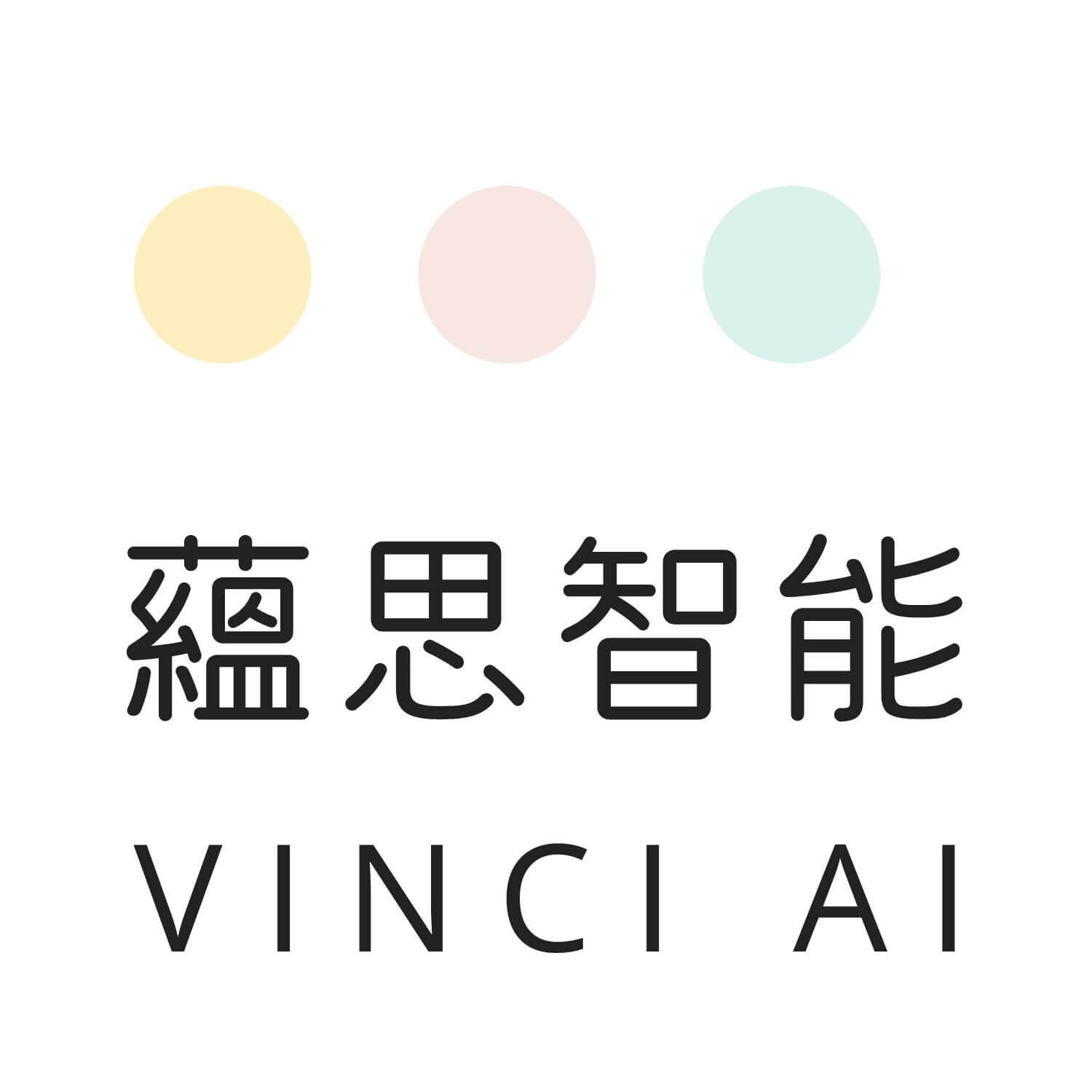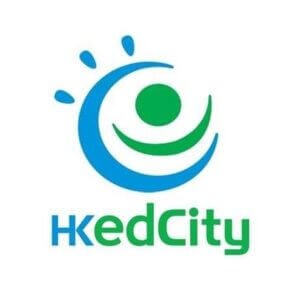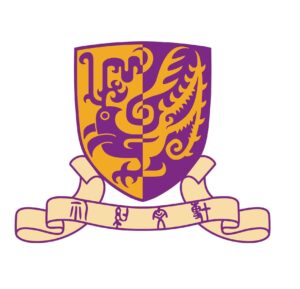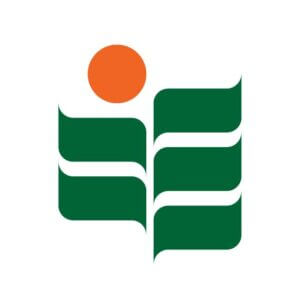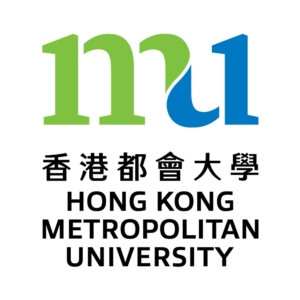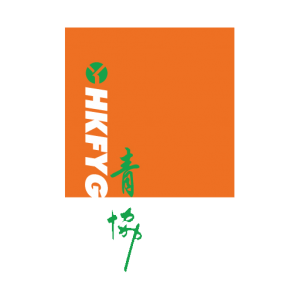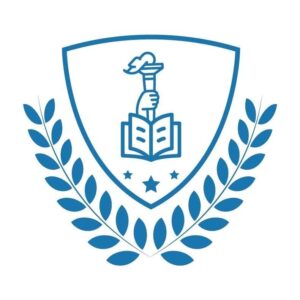Programming courses for children and teenagers
Welcome to Vinci AI's coding courses for kids and teenagers! We've tailored a progressive curriculum that balances fun and knowledge, covering popular areas like Scratch, Python, artificial intelligence, and robotics. Through engaging and fun teaching, children will develop coding thinking and creativity, preparing them for the future.
With a professional tutor team, practice-oriented teaching methods, and cooperation experience with many well-known schools and institutions, we are committed to cultivating students' key abilities to face the future. Yunsi Intelligence has successfully helpedMore than 25,000 studentsGet on the path to becoming a future technology leader. Choose Yunsi Intelligence now and open the door to success for your children!
Vinci AI programming course topics
Vinci AI's programming courses cover everything from graphical programming to text programming languages such as Python, from pure software programming to hardware-integrated programming, as well as the most popular cutting-edge technology fields such as artificial intelligence, big data, IoT, and VR/AR. programming applications. The course difficulty ranges from entry-level to advanced, and is suitable for children and teenagers with different backgrounds.
This kind of curriculum system can not only allow students to lay a solid foundation in programming, but also expose them to the latest technological applications, stimulate their interest in learning, and cultivate their innovative abilities. Not only that, many of Vinci AI's courses focus on combining programming with practical applications, such as AI-assisted musical instruments, smart homes, autonomous driving, etc., allowing students to truly appreciate the practicality and fun of programming.
- Graphical programming courses
- Robot programming
- Hardware Programming Course
- Python Programming Course
- Artificial Intelligence Application Programming Course
Request the full course syllabus
Get Vinci AI by filling out the form once. Complete course resource library Cloud access permissions. We have prepared the following documents for your convenience. Curriculum Planning and IT Innovation Lab / QEF Grant Application
-
📘 Course Unit Structure: Coverage Python LLM,AI-generated art, Unitree robotics courses, etc.syllabus
-
🤖 Hardware specifications: Unitree Robots (Go2, R1),drone swarm and UGOT Robot Hardware Details
-
🏆 Activity plan reference: STEM Day: Comprehensive Learning Day Procedures and School Competition Details
(After submitting the form, the resource library link will be sent to your email immediately.)
Catalog of on-campus programming courses for primary and secondary schools
Beginner Programming Course
These courses mainly use graphical programming or tools that do not require programming foundation, and are suitable for students who are introductory to programming. Through these courses, students can learn basic programming concepts and develop computational and logical thinking skills.
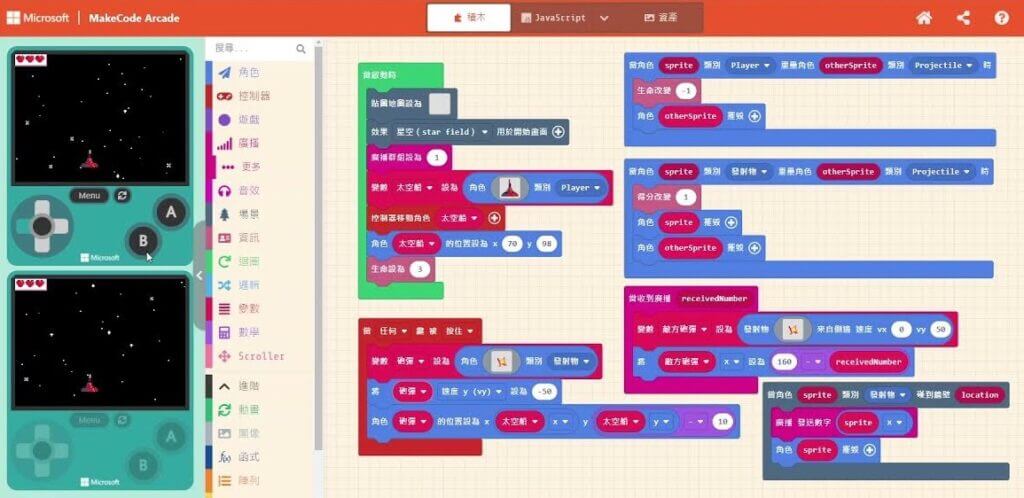
Intermediate Programming Course
These courses require students to have a certain programming foundation, such as understanding basic programming concepts such as variables, functions, conditional statements, and loops. Students will learn text programming languages such as Python and apply programming knowledge to fields such as drones, smart cars, and IoT.
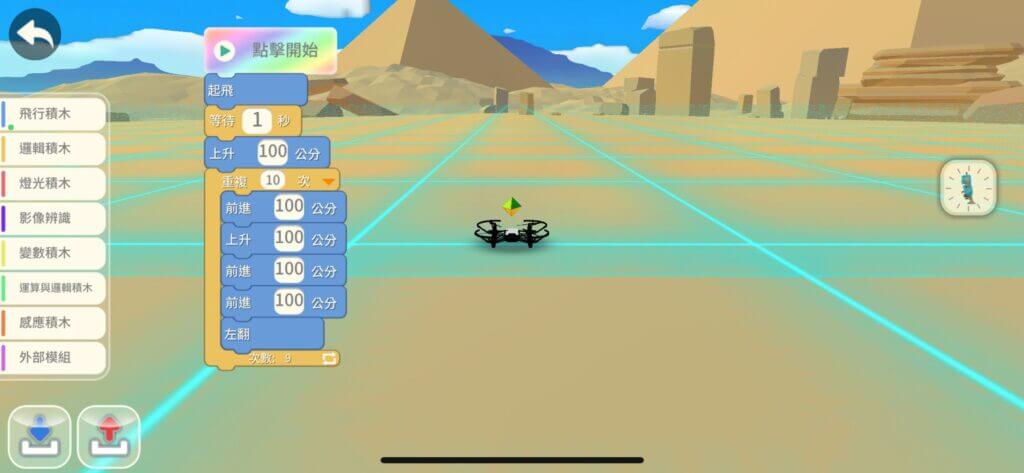
Advanced programming courses
These courses are aimed at students who already know a programming language (such as Python) and are interested in cutting-edge technologies such as artificial intelligence and blockchain. Students will learn AI algorithms such as machine learning and deep learning, and apply them to chatbots, robots, blockchain and other fields. These courses are more difficult and require students to have strong programming skills.
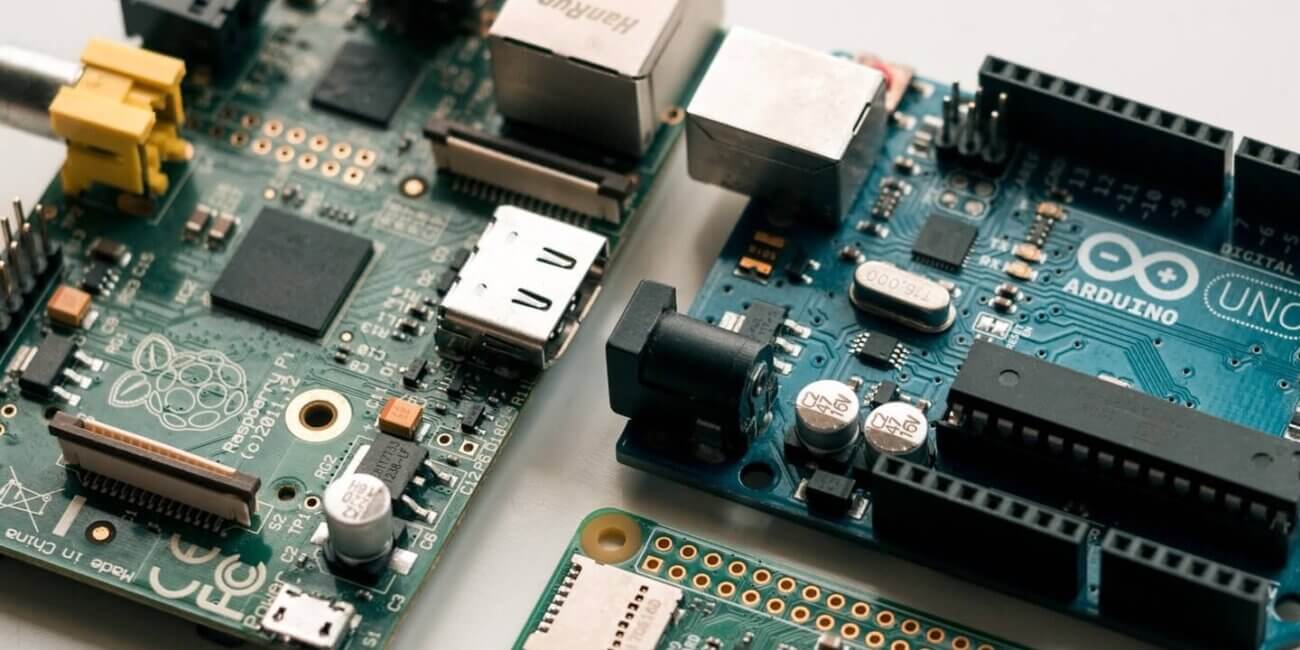
Little knowledge about programming education
Why should children learn programming? What are the benefits of learning programming?
Learning programming can help children develop logical thinking and problem-solving skills, and improve creativity and imagination. In the future, programming will be an indispensable skill. By learning programming, children can better understand and cope with the rapidly developing digital world, and prepare for future study, work and life. In addition, the process of programming learning is also a process of self-exploration and discovery of interests and potential, which is conducive to the overall development of children.
At what age is it appropriate for children to start learning programming?
- Starting from the age of 6-7, children can be exposed to programming education and learn basic concepts and logical thinking of programming through programming tools such as Scratch. Children of this age are very interested in new things, so it is a good time to cultivate their interest in programming.
- 7-9 years old is the best period for children to learn programming. At this stage, children's logical thinking develops rapidly and they can begin to learn programming systematically, but they should still focus on interest and do not place too much emphasis on programming skills themselves.
- Before the age of 9-10, children can develop computational thinking through visual programming tools such as Makecode. Starting from the 3rd to 4th grade of primary school, children can learn some entry-level Python programming and robotics.
- 10-14 years old is the best time to learn more professional programming languages such as Python. Children at this stage already have a certain foundation in mathematics and logic and can learn more complex programming concepts.
What foundation do children need to start learning programming? Do they need to master computer knowledge first?
Learning programming does not require children to have any programming foundation, nor does it require children to master computer knowledge first. Our courses start from the very basics and are suitable for children with zero foundation in programming. For children of different ages, we provide a curriculum system with progressive difficulty. From graphical programming to text programming, from pure software programming to hardware-integrated programming, children can gradually improve their programming skills according to their own interests and abilities.
What age groups are your coding courses suitable for?
Our coding courses are suitable for children in elementary school through high school. We have designed different courses for different age groups. For example, lower primary school students are suitable for learning Scratch graphical programming, upper primary school students can try Python programming, and middle school students can learn courses related to artificial intelligence and machine learning. Children of different ages have different focus and depth of learning. But no matter what age, we strive to make children fall in love with programming and enjoy the fun of creation in a lively and interesting way.
Is it suitable for children in primary school to start getting exposed to STEM education?
Children in primary school are very suitable to start getting exposed to STEM education. Here are some relevant reasons and research findings:
Cultivate curiosity and problem-solving abilities: STEM education can stimulate children's curiosity and cultivate their problem-solving abilities and creativity. Through STEM education, children can learn to observe, predict, experiment and collect data, thereby cultivating their scientific thinking and problem-solving skills.
Build foundational knowledge and skills: Early STEM education provides children with the foundation for learning science, technology, engineering and mathematics. These foundational knowledge and skills will help them succeed in more in-depth STEM studies in the future.
Cultivate interdisciplinary abilities: STEM education is not just about teaching science and mathematics, it can also help children develop interdisciplinary abilities, such as critical thinking, collaboration and communication skills. These abilities are important for children to succeed in school and in their careers.
Cultivate future employment needs: The demand for employment in STEM fields continues to increase, and cultivating children's STEM abilities can lay the foundation for their future career development.
How is your curriculum system arranged? What are the connections and differences between the courses?
Our courses are divided into three levels: beginner, intermediate and advanced. Junior courses do not require a programming foundation and are suitable for beginners, such as Scratch graphical programming; intermediate courses require a certain foundation of programming concepts and can learn text programming such as Python; advanced courses require strong programming skills and learning cutting-edge technologies such as artificial intelligence. The three levels of courses are progressive with increasing difficulty. Children can choose appropriate course paths based on their interests and abilities and gradually improve.
Is learning to program too difficult or boring for children?
We have carefully designed gamification and project-based teaching content to integrate programming knowledge into interesting tasks and creations to mobilize children's enthusiasm for learning. In terms of difficulty, our courses are progressive, from graphical programming to text programming languages such as Python, to cutting-edge technologies such as artificial intelligence, and are suitable for children with different backgrounds. Each child's learning rhythm is also different. Our teachers will provide guidance and encouragement according to the child's situation to help them overcome difficulties and maintain their interest in learning.
What are the differences or advantages between your courses and other programming education institutions?
Vinci AI's courses focus on artificial intelligence education and provide comprehensive AI-related courses, including Chatbot design, AI art creation, AI music creation, drone AI, autonomous driving AI, etc. The course covers the application of AI technology in different fields, taking into account theoretical learning and practical creation.
In addition, Vinci AI courses also incorporate hardware devices such as Lego, Huskylens, Jetbot, etc., allowing students to practice AI knowledge. The combination of software and hardware is a major feature of Vinci AI courses.
Vinci AI also pays attention to the cultivation of students' computational thinking and innovation ability. The course format includes project-based learning, VR/AR experience, etc., and strives to be lively and interesting to mobilize students' enthusiasm for learning.
What is the background and experience of your teaching team? Are they professionally trained in programming teaching?
Vinci AI has a strong teaching team. Most of the tutors graduated from STEM-related majors from well-known universities and have solid professional backgrounds. They include doctoral-level and university lecturer-level artificial intelligence education experts, and have experience in teaching AI courses for master's students.
In addition, Vinci AI’s main instructors also have solid backgrounds:
- All graduated from STEM or education majors from famous universities such as the National University of Singapore and the Chinese University of Hong Kong.
- At least 2-3 years of STEM teaching experience
- Meet teacher qualification requirements
Deeply rooted in AI education, trusted by 8 public and private universities in Hong Kong.
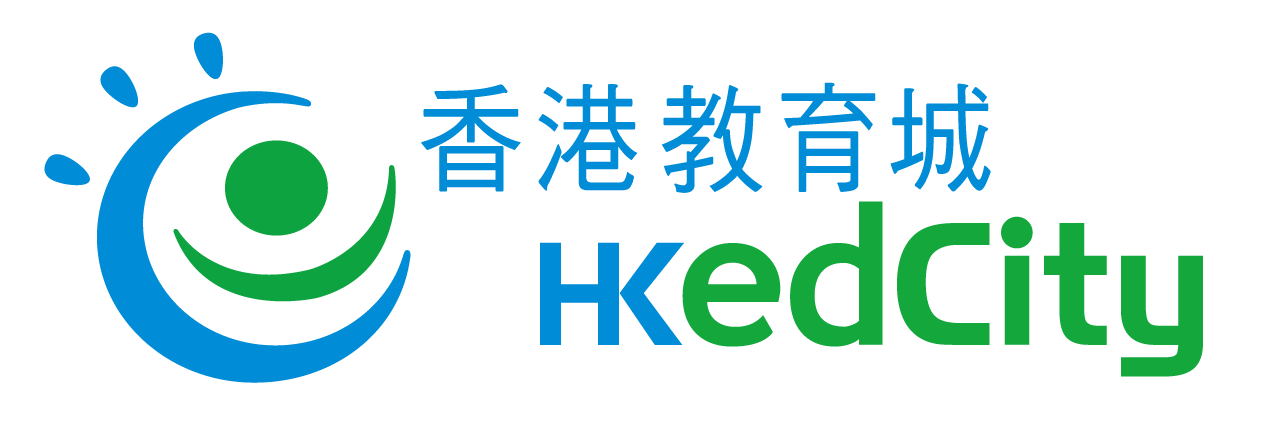
AI online course co-development partner
We have conducted online professional development training, with over 500 teachers participating; and we have collaboratively developed online self-study courses and workshops on AI and computational thinking, with over 10,000 students enrolled.

AI Application Practice Partner
For two consecutive academic years, we have collaborated with the Education University of Hong Kong to conduct AI training for its faculty and staff, covering topics such as report generation and academic research.

Training for 2,000+ AI Innovation Talents
A large-scale AI training camp was held for over 2,000 students across the university, focusing on how to apply generative AI tools to optimize project design and creative brainstorming.

AI Higher Education Training Commissioning Institution
We were commissioned to create a series of training programs for their faculty and staff on "The Application and Teaching Practice of AI in Higher Education"; guiding teachers to integrate AI into curriculum design, teaching assessment and student counseling.

Upgrading administrative and teaching effectiveness
This course provides HKUST faculty and staff with in-depth AI data analytics instruction, teaching them how to use AI to quickly process complex university data and extract insights from it.

AI Talent Training Partner
To develop AI workshops and AI job training workshops for students in Lingnan, and to train them in AI job skills.
Here are some of the schools and organizations they have previously served
Hong Kong Education City
Hong Kong Metropolitan University
Education University of Hong Kong
Oxbridge International School
Kingston International School
Cheung Chu Shan English Secondary School
Salesian English School
Tak Ai Secondary School
Po Leung Kuk Ho Yin Tong Secondary School
Tung Wah Group of Hospitals Fung Wong Fung Ting Secondary School
catholic wuhua middle school
Lize Middle School
Sister Delia Memorial School
Qingshan Catholic Primary School
Po Leung Kuk Lam Man Chan English Primary School
Po Leung Kuk Luk Hing Too Primary School
Po Leung Kuk Tin Ka Ping Primary School
Sir Kadoorie Government Primary School
Ping Shek Catholic Primary School
Shau Kei Wan Government Primary School
Tai O Primary School
Pok Oi Hospital Prime Minister's Association Liang Province School
POH 80th Anniversary Tang Ying Hei College
Buddhist Ye Jinan Secondary School
Yu Chun Keung Memorial Secondary School
Bishop John White Anglican Secondary School
Pat Heung Rural Committee Charity Secondary School
St. Peter's Secondary School
holy family school
Hong Kong Red Cross Hospital School
HK01 Summer AI Summer Camp 2022
Conducted artificial intelligence painting workshops for 30 primary schools
Youth Association Youth Center (Hung Hung Kiu)
Children's Club
Customer acceptance
d
"Our class includes some students with special educational needs (SEN), but our instructor is very patient in teaching and manages the classroom well. In general, students who are taught STEAM subjects don't usually show much response, but after observing several sessions, I noticed that the students frequently ask questions during class. The primary focus of the class is teaching AI, which can be challenging for elementary school students to grasp. However, the instructor uses examples that are relatable to daily life, so most of the students understand the workshop content."
Kevin Chung
Hong Kong Youth Association - Hung Shui Kiu Youth Centre SecretaryExample Title
The Vinci AI Wisdom AI Painting Course provides primary 5-6 grade students with a learning experience that integrates creativity and technology. The course uses professional painting software and AI technology to creatively produce lively and interesting artworks, cultivating students' creativity and skills. At the same time, the course helps students understand basic AI concepts and experience the impact of technology on art. Through exploration, sharing works, students' level of art learning is improved.
Teacher You
Po Leung Kuk Luk Hing Too Primary SchoolThe AI art creation workshop taught students to design English storybook covers through the OpenArt platform. This learning approach that combines creativity and technology can stimulate students' imagination and creativity. By using AI drawing tools to present "imagery" and even "ambience" through "metaphor", it is an inspirational and practical teaching activity.
Director Ma
Dabu District Primary SchoolThe instructors wholeheartedly teach students about AI knowledge, making the content relatable to real-life scenarios. The instructors also establish a friendly and enjoyable rapport with the students. The majority of the students are able to grasp the workshop content and benefit greatly from it.
Teacher Yip
St. Peter's Secondary SchoolExample Title
This academic year, our school's Chinese teachers participated in a series of five workshops titled 'How AI Can Promote Interdisciplinary and Chinese Language Teaching in Primary Schools' organized by Vinci AI. The teachers' feedback was positive, with the course content focusing equally on theory and practice, being highly practical and applicable for immediate use in unit inquiry lessons and Chinese language teaching. By utilizing AI as a teaching tool, it can enhance the effectiveness of teaching and learning.
Dr. Tang Shufen
Vice Principal of Kingston International SchoolExample Title
The company provides excellent STEAM education. The mentors are professional and the AI curriculum is thorough. With a teaching approach that is meticulous, patient and fully meets the needs of secondary schools.
Teacher Yang
Head of PLK Ho Yin Tung Secondary SchoolWhy choose Vinci AI ?
University lecturer teaching team
VInci AI's teaching team is rich in experience, including university teachers who teach master's AI courses in various colleges and universities.
Curriculum developed by PhD-level experts
Vinci AI's PhD-level AI expert team, providing the most professional artificial intelligence courses
Recognized by research institutions
The teaching platform developed by Vinci AI has received support from Cyberport. Vinci AI is also a STEM education partner of the Productivity Council.
Contact our consultants
Vinci AI offers on-campus courses, including STEM Day events, competition training, and after-school programs. We welcome you to contact our expert consultants to arrange suitable topics and formats for your needs.
